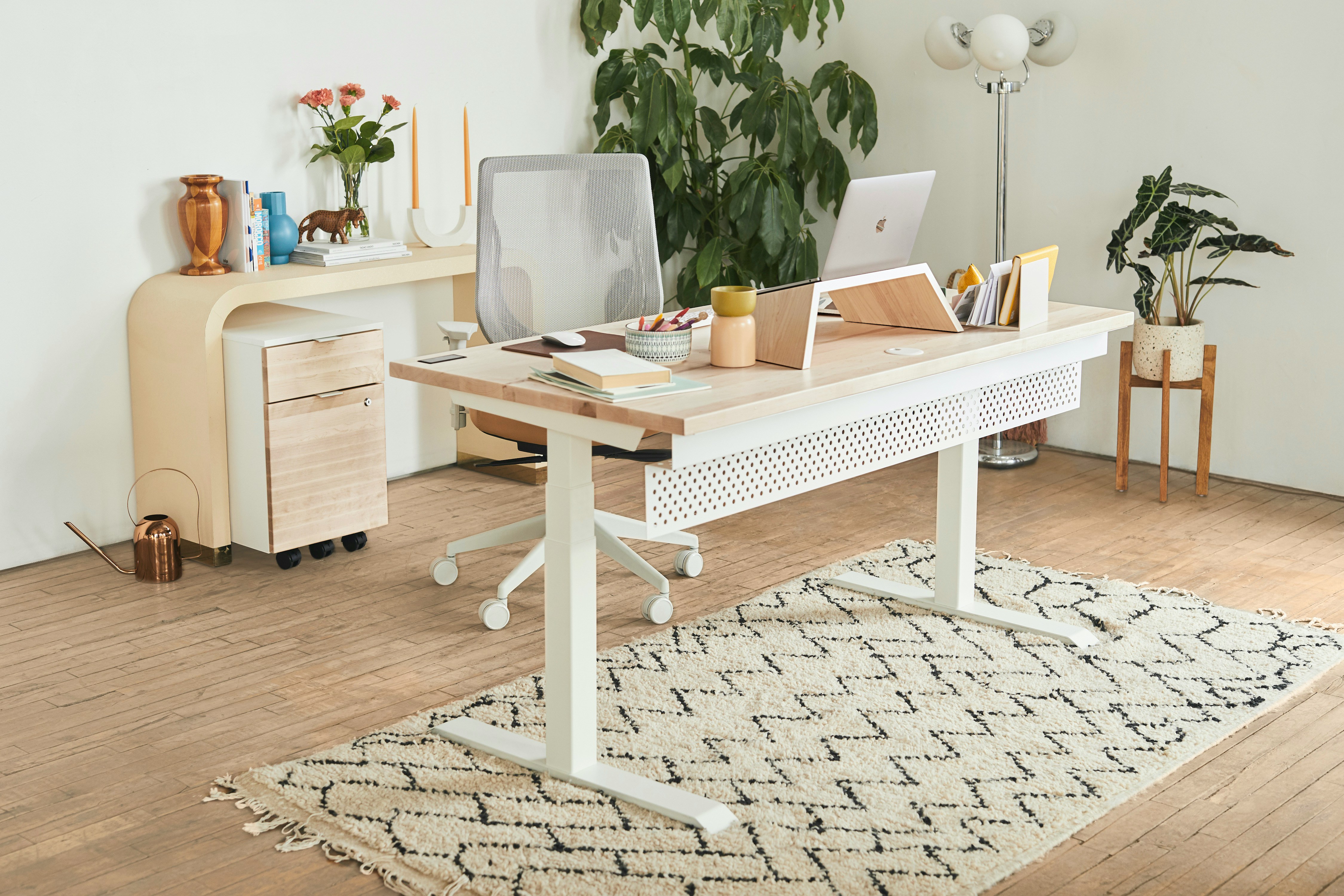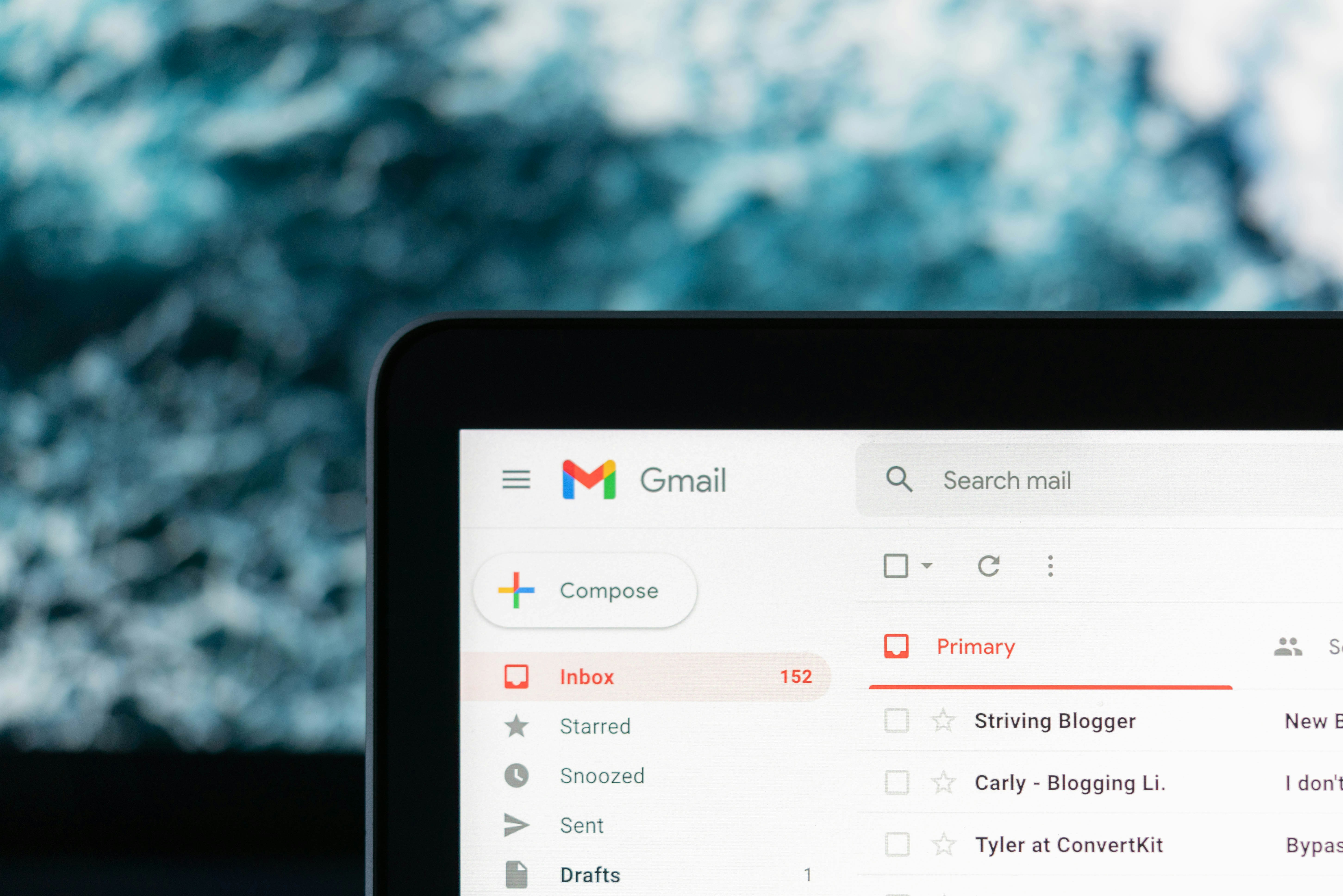Freelancing
Brain Dump
What to do when Shit hits the Fan in your Freelance Business
Freelancing
Brain Dump
What to do when Shit hits the Fan in your Freelance Business
Freelancing
Brain Dump
What to do when Shit hits the Fan in your Freelance Business



I wrote these blog posts with the aim to prepare you for your freelance career.
But no matter how well you plan ahead, there will be things that you can’t control which might take you off the path.
Maybe your client has issues with investors? Maybe they don’t pay their invoice on time? And after 2020 we probably all learned that there are things outside our control.
That doesn’t mean you won’t be a successful freelancer. It just means that we have to prepare for things.
Build a shit happens fund
I used to call it a “back up” pillow, but one of my friends calls it the “Shit happens” fund and I prefer that name. Whatever you want to call it, it’s basically a stack of savings that you can fall back on in case shit hits the fan.
If you already have one in place: Amazing!
If you still need to build a shit happens fund: follow the steps below ⬇️
Figure out how much you need to put aside
First of all, you need to figure out what you need right now. And this can be different for everyone. How much are you spending every month to cover your bare minimum? This includes
Your rent
Your electricity/water/heating bills
Wifi bills and anything to keep your business afloat
Food (this means groceries, eating out isn’t an essential)
Figure out how much you’re currently spending on your essentials each month. If worse comes to worst: Is there anything you can cut back on? Like your Netflix subscription?
Then multiply this by at least 3. But even better: 6.
This is how I’d calculate my worst case scenario
I’m a digital nomad. How much I need in a month varies. And my options for when shit hits the fan also vary massively.
Scenario 1
So for example, I’m currently in Chiang Mai. If for whatever reason I don’t have any money coming in, I can drive to my grandma’s place in Lampang where I could live rent free. But I’d have to cover my drive there, any food we consume, and wifi costs. Thailand is pretty cheap, so all of this will not total more than £200/month. So that means my shit happens fund should have at least £600 in it.
Scenario 2
In a few months I’ll be in Japan. Japan is an expensive place! I don’t know anyone there, so I’d have to continue paying the airbnb. Food is also more expensive than in Thailand. So per month, I’m likely going to have to pay around £1,800. That’d mean my shit happens fund should be at least £5,400 or even better £10,800 💸
So depending on your personal cirumstances, how much you need to survive will look different for everyone. Figure out what the minimum is you need and multiply it by at least 3 to cover your costs for 3 months.
It’s unlikely going to take you more than 3 months to find some sort of income. But if you want to stick to freelancing, I recommend you prepare for the worst case scenario and save up 6 months of your essential spending.
Why do I need a shit happens fund?
There will be things out of our control and I want to make sure that you make the decisions for your freelance career from a healthy perspective, not from panic mode.
You shouldn’t take on low paying gigs with horrible clients because you need the money. I’d rather you say no to gigs that don’t fit your life-balance and make space for a gig that suits you and pays you fairly.
If you’re in a situation where you try to make money fast, it’ll burn you out. Knowing that you have a pillow to fall on will allow you to make better business decisions.
How to build a shit happens fund
The best way to build a shit happens fund is to automate it. You just set it up once and then won’t have to think about it. If you’re based in the UK, I highly recommend Monzo, they do this quite well. You can create “pots” and automate weekly or monthly payments into one of the pots. You just set your savings goal, how much to transfer and how regularly and wait for your pot to fill up.
Here’s a little affiliate link which will give both of us £5 if you sign up with Monzo. Wohoo, free money! 🙌
Of course, you don’t have to use Monzo, they’re not the only ones who offer automated transfers into a pot. Find a bank that fits your needs. Maybe you already have a bank account that you’re happy with.
☝️ NOTE
Make sure the money is easily accessible at all times. You don’t want to have to wait 3+ months to be able to access your funds.
I highly recommend that you learn more about money as a freelancer. Scroll down to see how educating yourself on finances can help you ⏬
Financial Freedom for Freelancers
Want to learn more about freelance finances?
Making the most of your money doesn’t just mean to earn more. It’s also about making the best out of the money you already have.
Maybe you could save some money? Maybe you can pay yourself in a more tax-efficient way?
If you want to learn how to make the most of your money, join the waitlist of the next cohort of my programme Financial Freedom for Freelancers
Here’s what some of the previous cohort have said ⬇️

Money doesn’t have to be complicated
Learn everything I know about money as a freelancer in the next cohort.
That’s all for today 🙌
👩🏻💻 Free Guide
The exercise described in this blog article is one of the steps of my free guide for people who want to create a work life that works for them.
I wrote these blog posts with the aim to prepare you for your freelance career.
But no matter how well you plan ahead, there will be things that you can’t control which might take you off the path.
Maybe your client has issues with investors? Maybe they don’t pay their invoice on time? And after 2020 we probably all learned that there are things outside our control.
That doesn’t mean you won’t be a successful freelancer. It just means that we have to prepare for things.
Build a shit happens fund
I used to call it a “back up” pillow, but one of my friends calls it the “Shit happens” fund and I prefer that name. Whatever you want to call it, it’s basically a stack of savings that you can fall back on in case shit hits the fan.
If you already have one in place: Amazing!
If you still need to build a shit happens fund: follow the steps below ⬇️
Figure out how much you need to put aside
First of all, you need to figure out what you need right now. And this can be different for everyone. How much are you spending every month to cover your bare minimum? This includes
Your rent
Your electricity/water/heating bills
Wifi bills and anything to keep your business afloat
Food (this means groceries, eating out isn’t an essential)
Figure out how much you’re currently spending on your essentials each month. If worse comes to worst: Is there anything you can cut back on? Like your Netflix subscription?
Then multiply this by at least 3. But even better: 6.
This is how I’d calculate my worst case scenario
I’m a digital nomad. How much I need in a month varies. And my options for when shit hits the fan also vary massively.
Scenario 1
So for example, I’m currently in Chiang Mai. If for whatever reason I don’t have any money coming in, I can drive to my grandma’s place in Lampang where I could live rent free. But I’d have to cover my drive there, any food we consume, and wifi costs. Thailand is pretty cheap, so all of this will not total more than £200/month. So that means my shit happens fund should have at least £600 in it.
Scenario 2
In a few months I’ll be in Japan. Japan is an expensive place! I don’t know anyone there, so I’d have to continue paying the airbnb. Food is also more expensive than in Thailand. So per month, I’m likely going to have to pay around £1,800. That’d mean my shit happens fund should be at least £5,400 or even better £10,800 💸
So depending on your personal cirumstances, how much you need to survive will look different for everyone. Figure out what the minimum is you need and multiply it by at least 3 to cover your costs for 3 months.
It’s unlikely going to take you more than 3 months to find some sort of income. But if you want to stick to freelancing, I recommend you prepare for the worst case scenario and save up 6 months of your essential spending.
Why do I need a shit happens fund?
There will be things out of our control and I want to make sure that you make the decisions for your freelance career from a healthy perspective, not from panic mode.
You shouldn’t take on low paying gigs with horrible clients because you need the money. I’d rather you say no to gigs that don’t fit your life-balance and make space for a gig that suits you and pays you fairly.
If you’re in a situation where you try to make money fast, it’ll burn you out. Knowing that you have a pillow to fall on will allow you to make better business decisions.
How to build a shit happens fund
The best way to build a shit happens fund is to automate it. You just set it up once and then won’t have to think about it. If you’re based in the UK, I highly recommend Monzo, they do this quite well. You can create “pots” and automate weekly or monthly payments into one of the pots. You just set your savings goal, how much to transfer and how regularly and wait for your pot to fill up.
Here’s a little affiliate link which will give both of us £5 if you sign up with Monzo. Wohoo, free money! 🙌
Of course, you don’t have to use Monzo, they’re not the only ones who offer automated transfers into a pot. Find a bank that fits your needs. Maybe you already have a bank account that you’re happy with.
☝️ NOTE
Make sure the money is easily accessible at all times. You don’t want to have to wait 3+ months to be able to access your funds.
I highly recommend that you learn more about money as a freelancer. Scroll down to see how educating yourself on finances can help you ⏬
Financial Freedom for Freelancers
Want to learn more about freelance finances?
Making the most of your money doesn’t just mean to earn more. It’s also about making the best out of the money you already have.
Maybe you could save some money? Maybe you can pay yourself in a more tax-efficient way?
If you want to learn how to make the most of your money, join the waitlist of the next cohort of my programme Financial Freedom for Freelancers
Here’s what some of the previous cohort have said ⬇️

Money doesn’t have to be complicated
Learn everything I know about money as a freelancer in the next cohort.
That’s all for today 🙌
👩🏻💻 Free Guide
The exercise described in this blog article is one of the steps of my free guide for people who want to create a work life that works for them.
I wrote these blog posts with the aim to prepare you for your freelance career.
But no matter how well you plan ahead, there will be things that you can’t control which might take you off the path.
Maybe your client has issues with investors? Maybe they don’t pay their invoice on time? And after 2020 we probably all learned that there are things outside our control.
That doesn’t mean you won’t be a successful freelancer. It just means that we have to prepare for things.
Build a shit happens fund
I used to call it a “back up” pillow, but one of my friends calls it the “Shit happens” fund and I prefer that name. Whatever you want to call it, it’s basically a stack of savings that you can fall back on in case shit hits the fan.
If you already have one in place: Amazing!
If you still need to build a shit happens fund: follow the steps below ⬇️
Figure out how much you need to put aside
First of all, you need to figure out what you need right now. And this can be different for everyone. How much are you spending every month to cover your bare minimum? This includes
Your rent
Your electricity/water/heating bills
Wifi bills and anything to keep your business afloat
Food (this means groceries, eating out isn’t an essential)
Figure out how much you’re currently spending on your essentials each month. If worse comes to worst: Is there anything you can cut back on? Like your Netflix subscription?
Then multiply this by at least 3. But even better: 6.
This is how I’d calculate my worst case scenario
I’m a digital nomad. How much I need in a month varies. And my options for when shit hits the fan also vary massively.
Scenario 1
So for example, I’m currently in Chiang Mai. If for whatever reason I don’t have any money coming in, I can drive to my grandma’s place in Lampang where I could live rent free. But I’d have to cover my drive there, any food we consume, and wifi costs. Thailand is pretty cheap, so all of this will not total more than £200/month. So that means my shit happens fund should have at least £600 in it.
Scenario 2
In a few months I’ll be in Japan. Japan is an expensive place! I don’t know anyone there, so I’d have to continue paying the airbnb. Food is also more expensive than in Thailand. So per month, I’m likely going to have to pay around £1,800. That’d mean my shit happens fund should be at least £5,400 or even better £10,800 💸
So depending on your personal cirumstances, how much you need to survive will look different for everyone. Figure out what the minimum is you need and multiply it by at least 3 to cover your costs for 3 months.
It’s unlikely going to take you more than 3 months to find some sort of income. But if you want to stick to freelancing, I recommend you prepare for the worst case scenario and save up 6 months of your essential spending.
Why do I need a shit happens fund?
There will be things out of our control and I want to make sure that you make the decisions for your freelance career from a healthy perspective, not from panic mode.
You shouldn’t take on low paying gigs with horrible clients because you need the money. I’d rather you say no to gigs that don’t fit your life-balance and make space for a gig that suits you and pays you fairly.
If you’re in a situation where you try to make money fast, it’ll burn you out. Knowing that you have a pillow to fall on will allow you to make better business decisions.
How to build a shit happens fund
The best way to build a shit happens fund is to automate it. You just set it up once and then won’t have to think about it. If you’re based in the UK, I highly recommend Monzo, they do this quite well. You can create “pots” and automate weekly or monthly payments into one of the pots. You just set your savings goal, how much to transfer and how regularly and wait for your pot to fill up.
Here’s a little affiliate link which will give both of us £5 if you sign up with Monzo. Wohoo, free money! 🙌
Of course, you don’t have to use Monzo, they’re not the only ones who offer automated transfers into a pot. Find a bank that fits your needs. Maybe you already have a bank account that you’re happy with.
☝️ NOTE
Make sure the money is easily accessible at all times. You don’t want to have to wait 3+ months to be able to access your funds.
I highly recommend that you learn more about money as a freelancer. Scroll down to see how educating yourself on finances can help you ⏬
Financial Freedom for Freelancers
Want to learn more about freelance finances?
Making the most of your money doesn’t just mean to earn more. It’s also about making the best out of the money you already have.
Maybe you could save some money? Maybe you can pay yourself in a more tax-efficient way?
If you want to learn how to make the most of your money, join the waitlist of the next cohort of my programme Financial Freedom for Freelancers
Here’s what some of the previous cohort have said ⬇️

Money doesn’t have to be complicated
Learn everything I know about money as a freelancer in the next cohort.
That’s all for today 🙌
👩🏻💻 Free Guide
The exercise described in this blog article is one of the steps of my free guide for people who want to create a work life that works for them.


